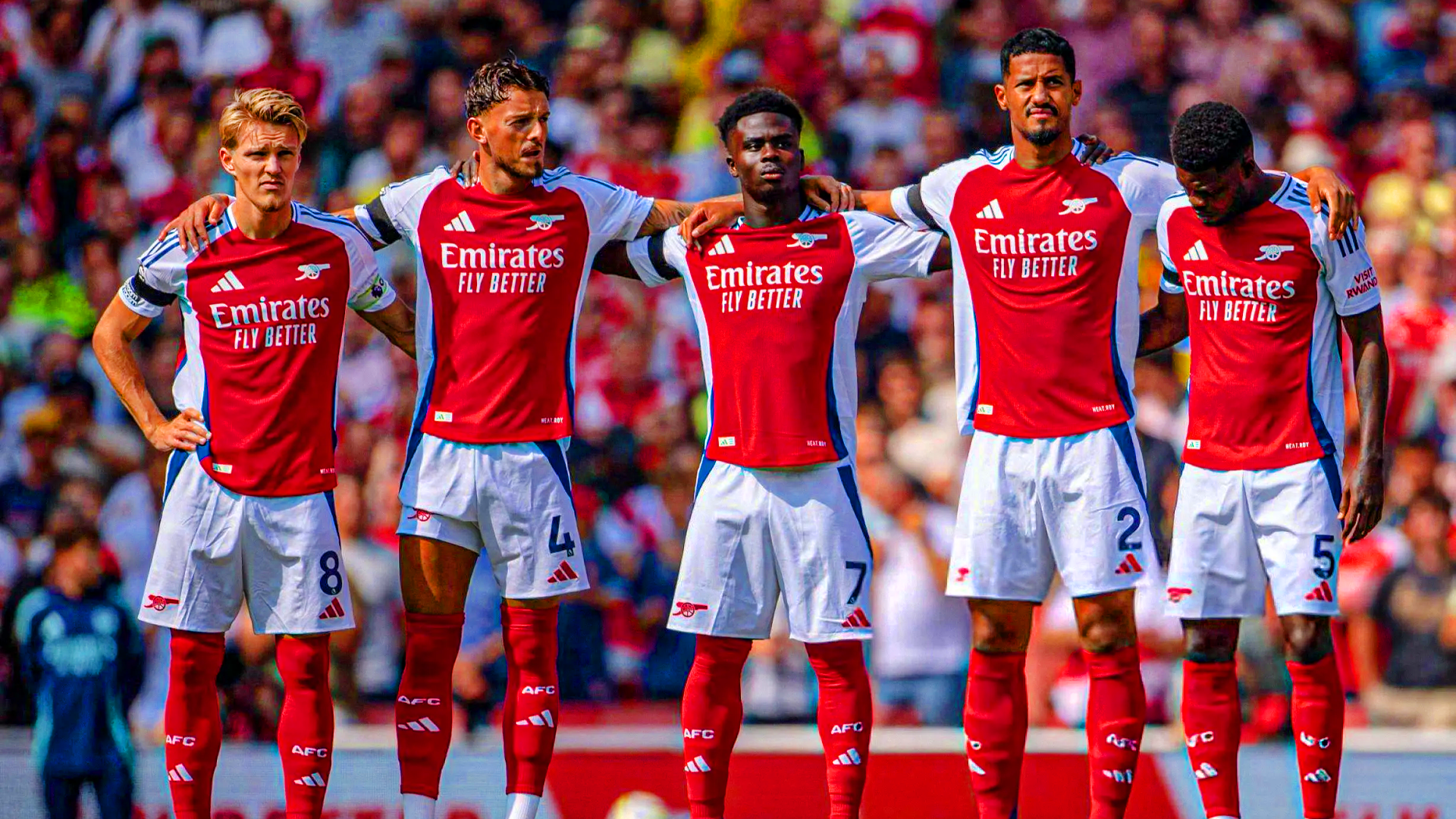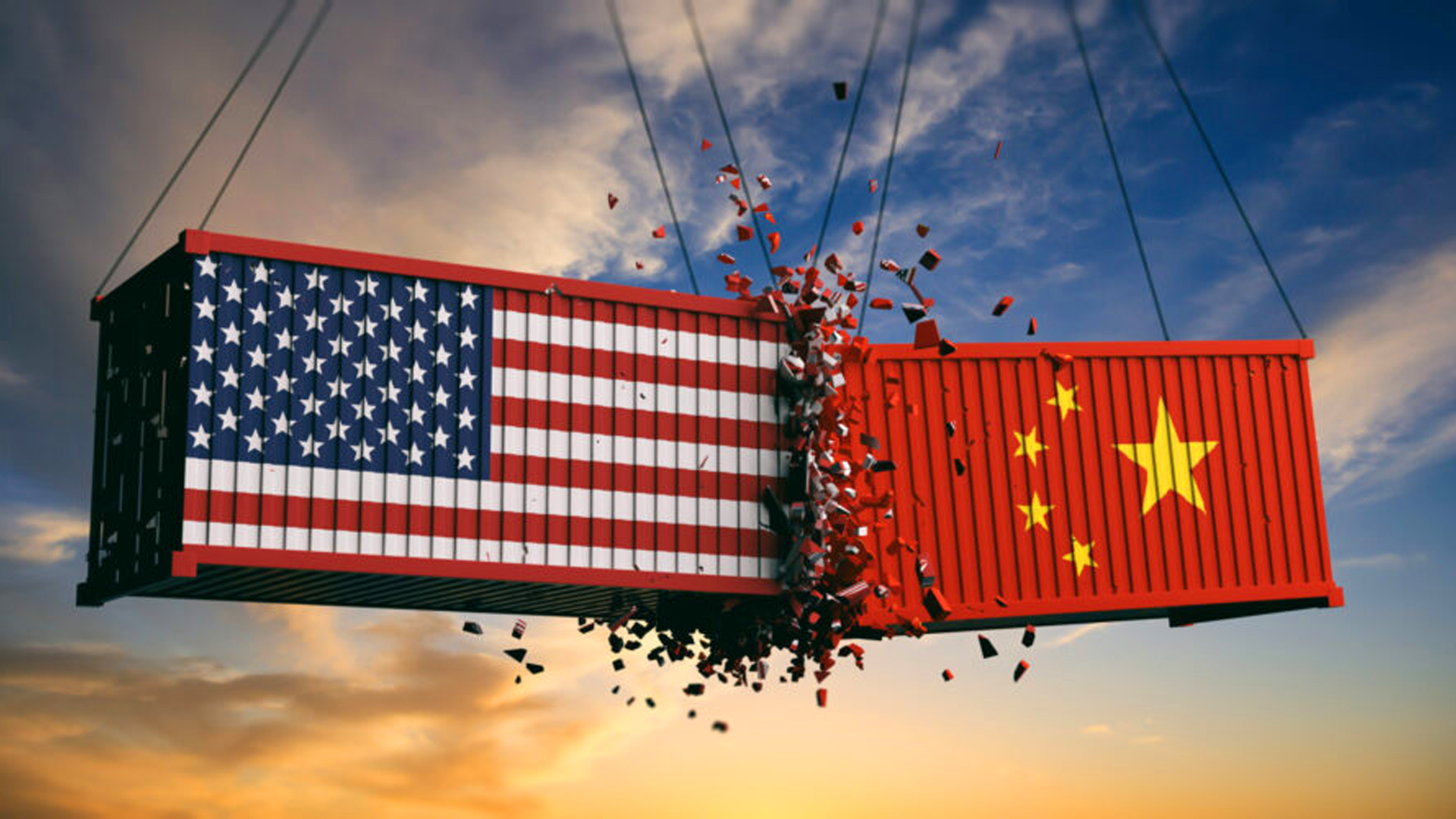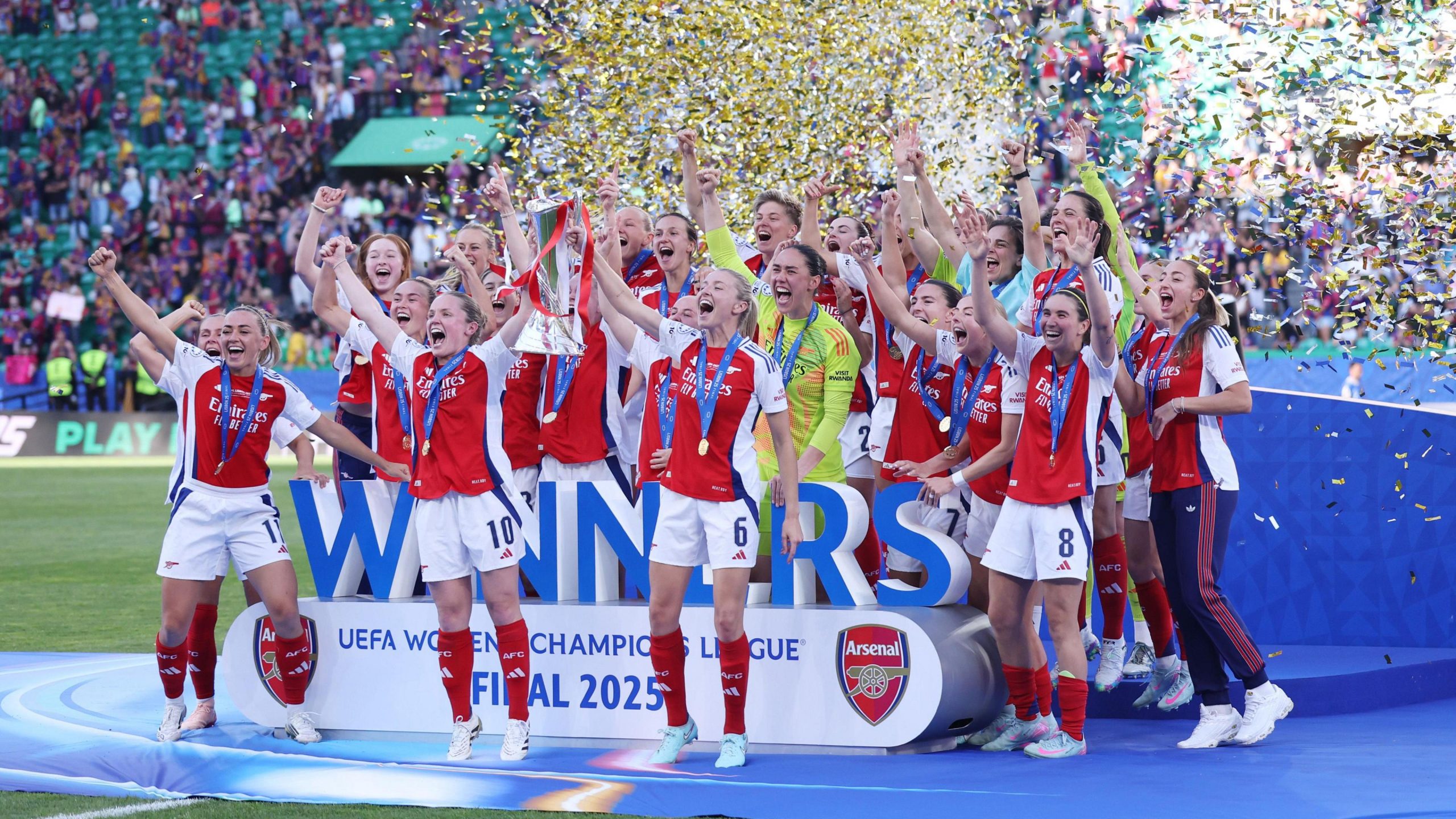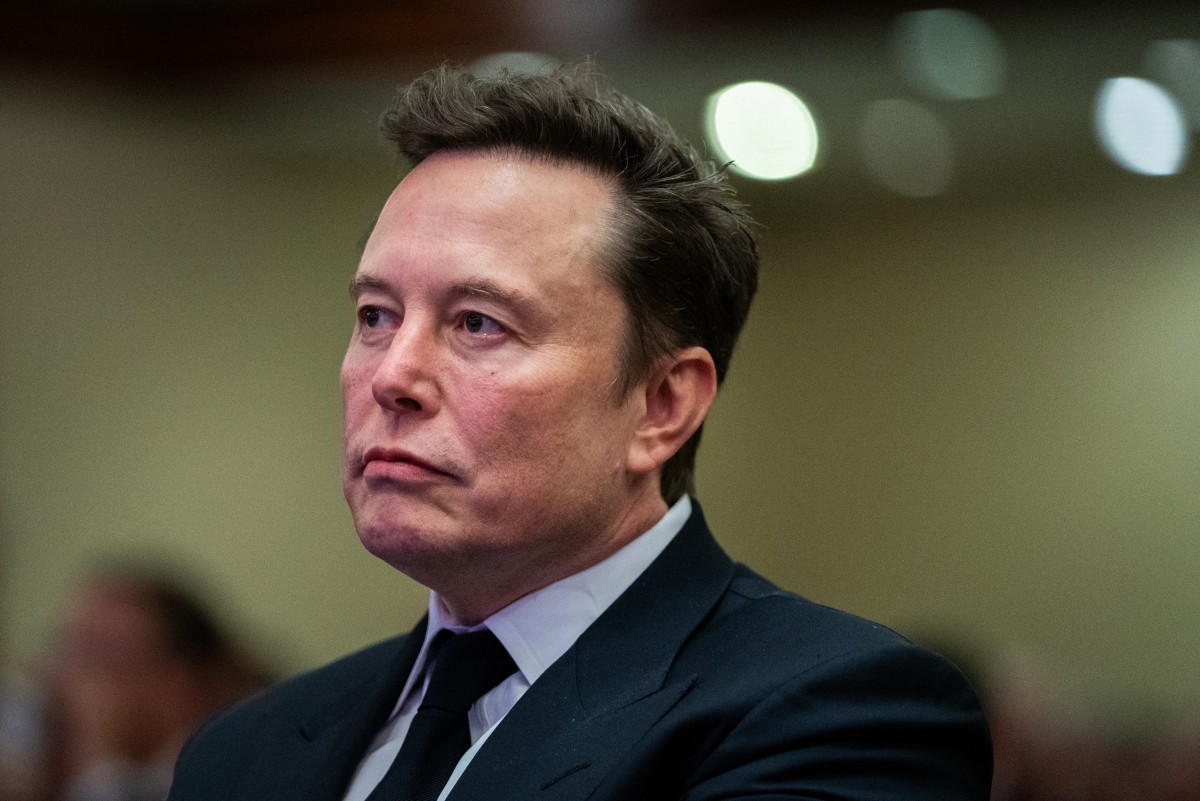Washington, D.C. – The United States has intensified diplomatic efforts to secure peace in the troubled eastern region of the Democratic Republic of Congo (DRC), calling on Rwanda to withdraw its troops and military assets before any final peace agreement is signed.
According to multiple diplomatic sources, the U.S. has made the withdrawal of Rwandan forces from Congolese territory a non-negotiable condition in a U.S.-drafted peace agreement currently under review. The deal, which is part of a wider international push to stabilize the mineral-rich region, is being discussed by American and African officials in Washington and Doha, with Qatar playing a supporting mediation role.
🇷🇼 Rwanda’s Reluctance
Rwanda, however, remains hesitant to comply. Kigali insists that its presence in eastern DRC is necessary to defend itself against the Democratic Forces for the Liberation of Rwanda (FDLR) — a Hutu rebel group with historic ties to the 1994 Rwandan genocide. Rwandan officials argue that a premature withdrawal would expose their borders to renewed security threats.
While Rwanda has not officially rejected the U.S. proposal, it has not signed onto the draft either, leaving the peace process in limbo.
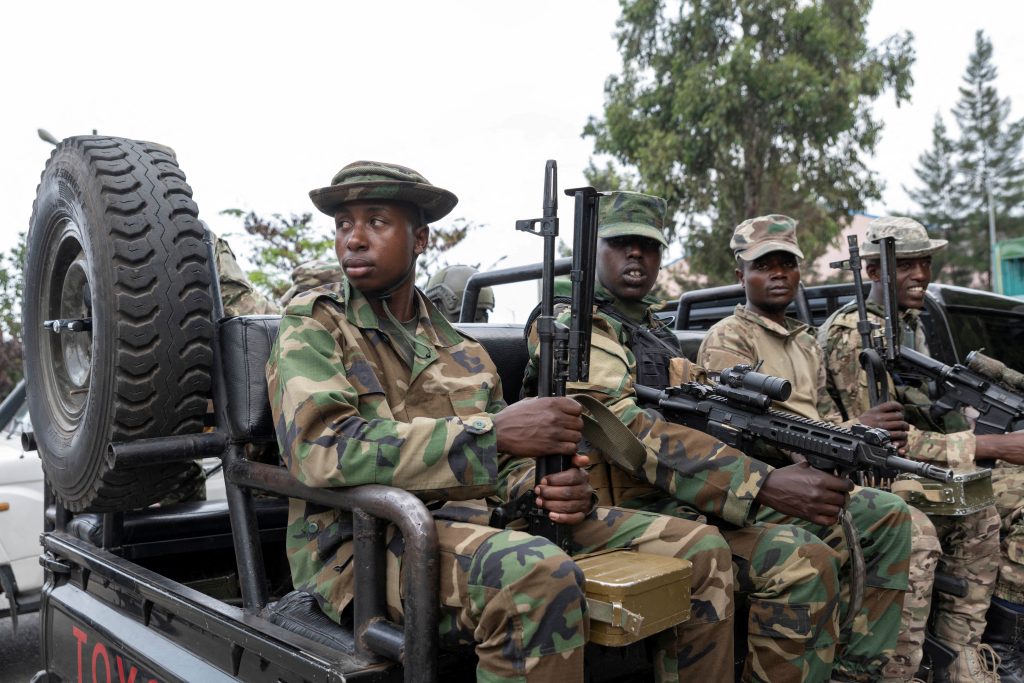
🇨🇩 Congo’s Firm Stance
The Congolese government, led by President Félix Tshisekedi, has welcomed U.S. involvement but has made clear that no peace agreement will be signed unless Rwandan troops and weapons are fully withdrawn from its territory.
“The sovereignty of Congo cannot be negotiated. The presence of foreign troops is unacceptable,” said a Congolese diplomat involved in the negotiations.
🌍 Global Consensus
The United States is not alone in its position. The United Nations, through Resolution 2773, and several Western powers including France, the United Kingdom, and the European Union have echoed similar demands — urging Rwanda to end its support for the M23 rebel group and to pull its forces out of Congo.
The M23 has been responsible for mass displacement and severe human rights violations in eastern DRC. While Rwanda denies supporting the group, multiple U.N. and independent reports have confirmed links between Kigali and M23’s military operations.
💰 Economic Stakes
At the heart of the peace talks is not just security but control over critical minerals used in global electronics and renewable energy technologies. The U.S. is aiming to reduce Chinese influence in the region and create transparent supply chains for minerals like coltan, cobalt, and lithium.
Sources indicate that the peace agreement could open the door for legitimate Rwandan processing of Congolese minerals, but only if the withdrawal conditions are met.
🔮 What Lies Ahead?
As negotiations continue, the ball is now in Rwanda’s court. Compliance with the U.S.-backed terms could unlock economic partnerships and a chance for long-term peace. Refusal could isolate Kigali diplomatically and stall any mineral or development deals tied to the peace process.
Whether Rwanda will prioritize regional stability over security concerns remains to be seen — but one thing is clear: the future of eastern Congo and U.S. involvement in African peace-building efforts now hinges on what happens next.




















